
Chitosan HCL
Looking for a highly soluble form of Chitosan? Gensei offers top-grade Chitosan HCL powder. As the hydrochloride salt, Chitosan HCL dissolves easily in water, unlike regular Chitosan which requires acidic solutions. This characteristic makes Chitosan HCL particularly useful in liquid formulations and applications where rapid dissolution is needed. Our Chitosan HCL is produced using advanced processes to ensure purity and efficacy for your products. Partner with Gensei for your Chitosan HCL needs and benefit from our reliable supply and commitment to quality.
Please note: We are a wholesale supplier and have minimum order quantities.
Have questions about this product? Our team is here to help. For inquiries about multiple ingredients, please use the Contact Us option and include the list of ingredients in your message.
Chitosan HCL CAS No.: 70694-72-3 (This is a common CAS number for Chitosan Hydrochloride)
Synonyms:
- Chitosan chloride
- Chitosan muriate
- Poly(D-glucosamine hydrochloride)
CB Number: CB4166073
Molecular Formula: (C₆H₁₁NO₄ · HCl)n (where ‘n’ is the number of repeating glucosamine hydrochloride units)
Molecular Weight: The molecular weight varies depending on the degree of polymerization (n), similar to Chitosan. The molecular weight of the repeating unit (C₆H₁₁NO₄ · HCl) is approximately 179.17 (for the glucosamine unit) + 36.46 (for HCl) = 215.63 g/mol. The overall molecular weight of the polymer can range from a few thousand to over a million Daltons.

Chitosan HCL Manufacturing Process Flowchart
Chitosan HCL is produced by converting Chitosan into its hydrochloride salt form to enhance solubility.
(Obtained from chitin deacetylation)
(Chitosan is dissolved in dilute hydrochloric acid (HCl))
(The amine groups on the chitosan chain react with HCl to form the hydrochloride salt, increasing solubility)
(Further steps to remove impurities)
(The Chitosan HCL is precipitated or the solution is concentrated)
(Washing to remove residual chemicals)
(Drying to obtain solid Chitosan HCL)
(Grinding and sieving to desired particle size)
(Testing for purity, solubility, molecular weight, and other specifications)
(The Chitosan HCL powder is packaged in suitable containers)
This flowchart outlines the general process for manufacturing Chitosan HCL from Chitosan. Specific steps may vary by manufacturer.
Why Choose Gensei as Your Chitosan HCL Supplier?
Choosing Gensei as your Chitosan HCL supplier ensures you receive a premium, highly soluble product. We specialize in manufacturing Chitosan HCL under strict quality controls, guaranteeing purity and consistent molecular weight. Our advanced processes enhance solubility, making our Chitosan HCL ideal for various formulations where easy dissolution is needed.
We provide reliable supply and expert support. Our knowledgeable team assists with product specifications and any queries. Partner with Gensei for high-quality Chitosan HCL and confidence in your ingredients.
Features and Benefits
- Chitosan is a linear polysaccharide derived from chitin, primarily found in shellfish exoskeletons. It is a copolymer of glucosamine and N-acetylglucosamine. Key characteristics: generally insoluble in water (soluble in dilute acids), positively charged in acidic conditions, biocompatible, and biodegradable.
Applications
- Chitosan has diverse uses: dietary supplements (fat binding), water treatment (flocculant), agriculture (biopesticide, seed coating), biomedical materials (wound healing), and cosmetics.
Our State-of-the-Art Manufacturing Facilities
Explore our modern facilities equipped with advanced technology to ensure the highest quality in the production of your vitamins, herbal extracts, minerals, and amino acids.

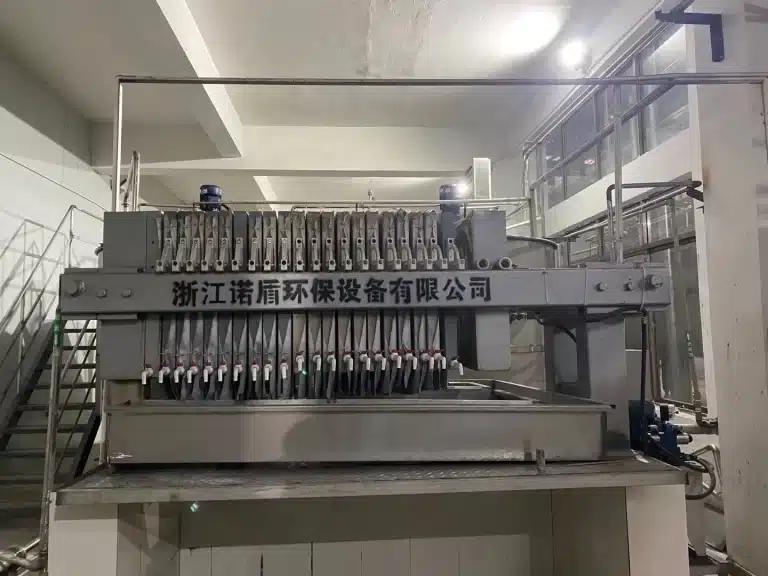
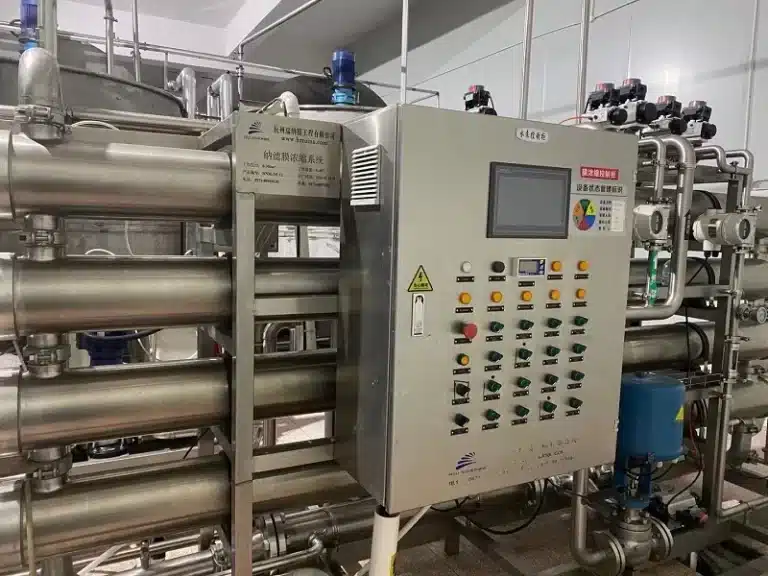
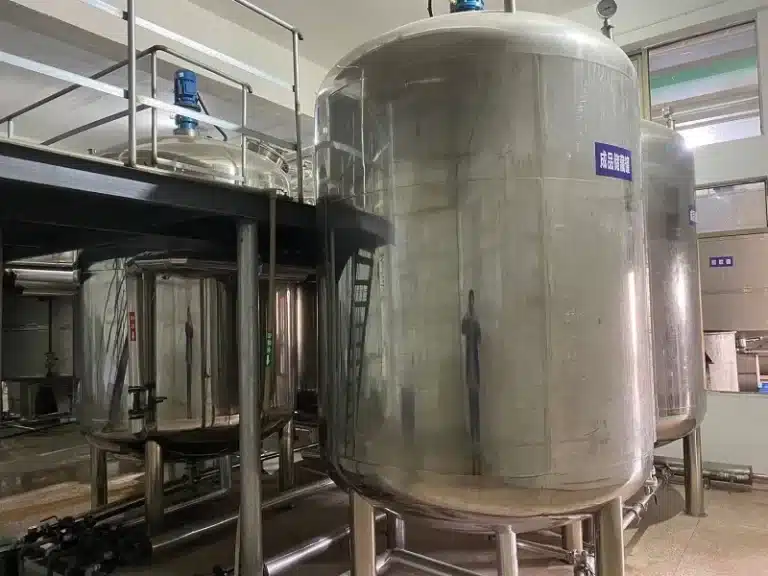
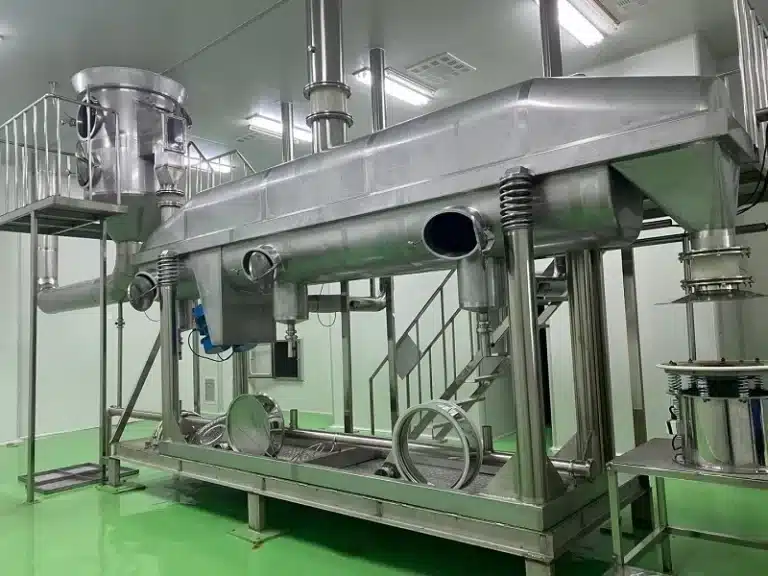
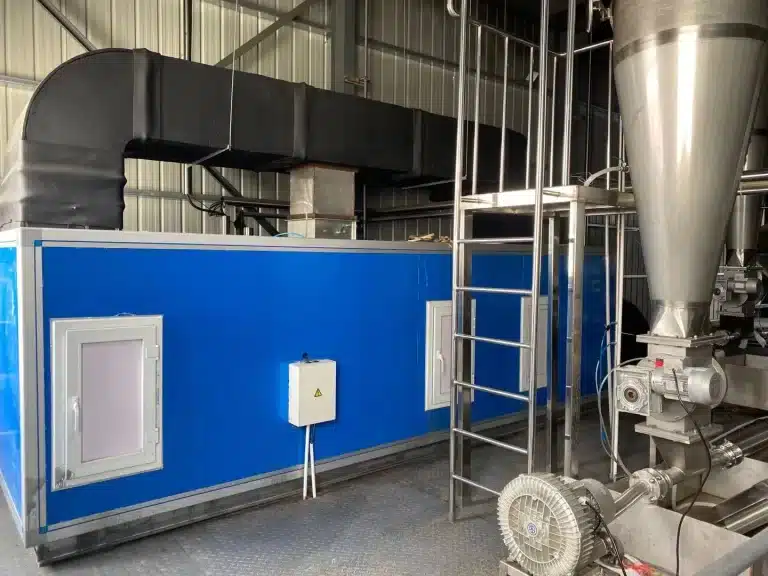

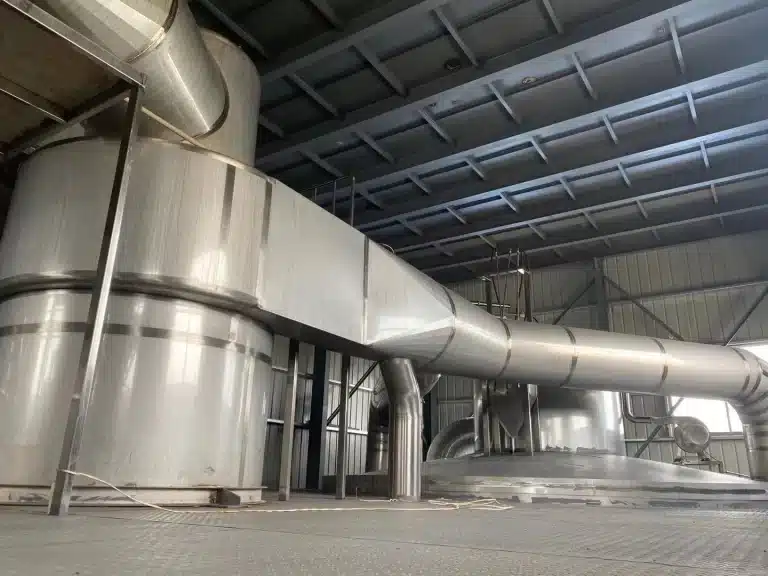
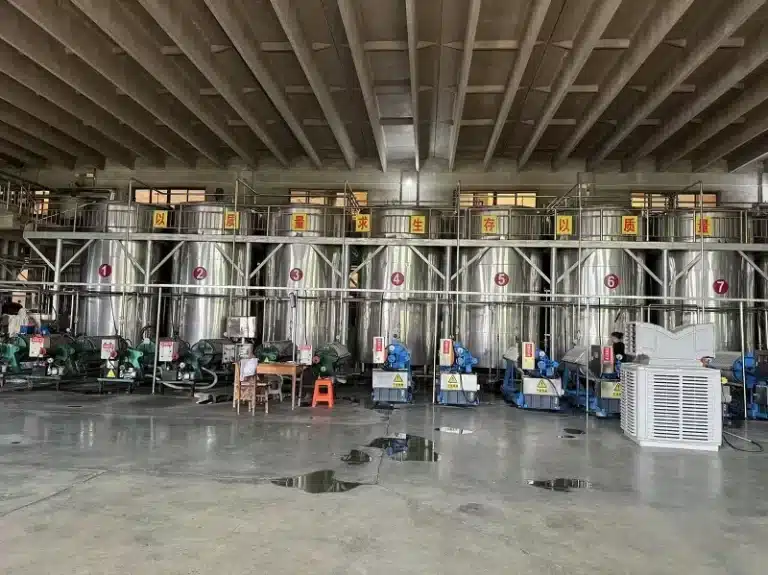

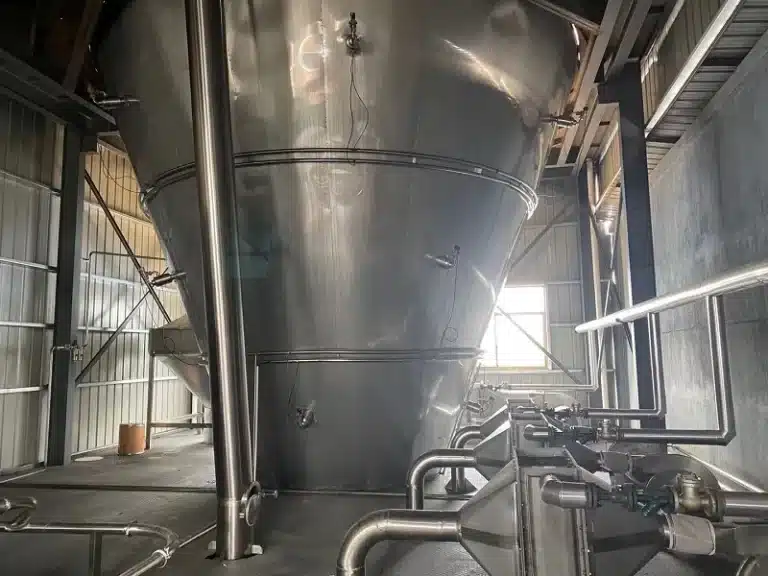
FAQs
Chitosan HCL is primarily used in applications where a water-soluble form of Chitosan is needed. This includes dietary supplements, cosmetics, pharmaceuticals, and biomedical materials. Its potential benefits are similar to Chitosan, such as supporting weight management (as a fat binder), providing antimicrobial properties, and being used in various drug delivery systems.
Chitosan is the deacetylated form of chitin and is generally insoluble in water. Chitosan HCL (Chitosan Hydrochloride) is the hydrochloride salt form of Chitosan. This chemical modification makes it readily soluble in water, which is its main functional difference from regular Chitosan.
Chitosan HCL is made by taking purified Chitosan and reacting it with hydrochloric acid (HCl). This process converts the amine groups on the Chitosan chain into their hydrochloride salt form, resulting in enhanced water solubility.
Yes, unlike regular Chitosan, Chitosan HCL is readily soluble in water, especially in acidic to neutral pH ranges.
Side effects of Chitosan HCL are generally mild and similar to those of regular Chitosan, such as mild gastrointestinal upset (nausea, constipation, diarrhea), particularly at high doses.
Chitosan HCL is generally considered safe for most people when taken at recommended dosages. However, individuals with shellfish allergies should exercise caution as it is derived from shellfish. Pregnant and breastfeeding women and individuals with certain medical conditions should consult their doctor before use.
Chitosan HCL, like regular Chitosan, is sometimes used as a dietary supplement for weight loss based on the theory that it can bind to dietary fat in the digestive tract. However, scientific evidence on its effectiveness for significant weight loss is mixed, and it should be used as part of a healthy diet and exercise plan.
When taken orally, Chitosan HCL may bind to some dietary fats in the digestive system, potentially reducing their absorption. It is also used in other applications for its film-forming, antimicrobial, and positively charged properties.
es, Chitosan HCL is used in cosmetics due to its water solubility and properties like film formation, moisturizing effects, and potential antimicrobial activity.
Chitosan HCL is derived from Chitosan, which is extracted from the chitin found in the exoskeletons of crustaceans (like shrimp and crabs). The Chitosan is then chemically modified with hydrochloric acid to form Chitosan HCL.

